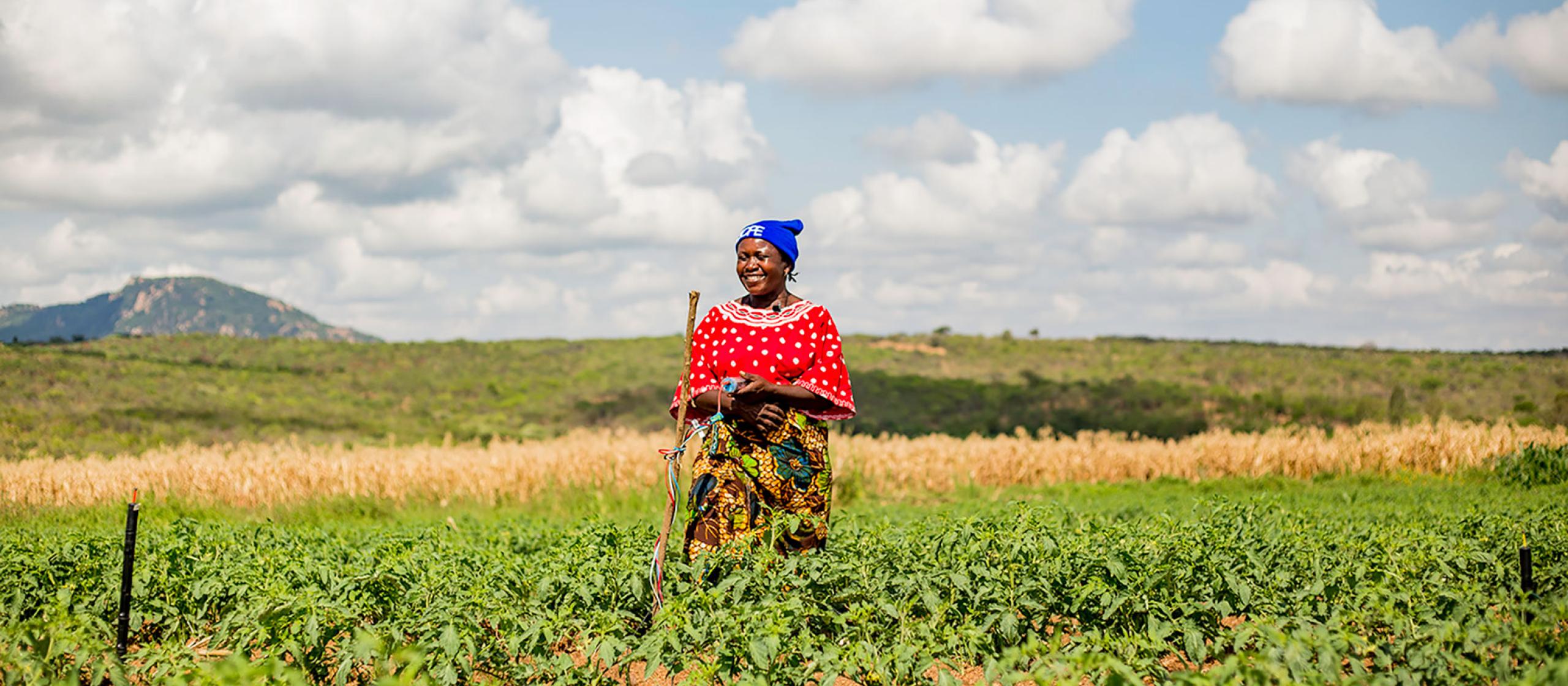- HomeHome
-
About ACIAR
- Our work
- Our people
-
Corporate information
- ACIAR Audit Committee
- Commission for International Agricultural Research
- Policy Advisory Council
- Agency reviews
- Executive remuneration disclosure
- Freedom of information (FOI)
- Gifts and benefits register
- Information publication scheme
- List of new agency files
- Contracts
- Legal services expenditure
- Privacy impact assessment register
- Commonwealth Child Safe Framework
- Benefits to Australia
- Careers
- 40 years of ACIAR
-
What we do
- Programs
- Cross-cutting areas
- Resources
- Where we work
-
Funding
- Research projects
- Fellowships
-
Scholarships
- John Allwright FellowshipScholarships to study in Australia for ACIAR partner country scientists to have Australian postgraduate qualifications
- ACIAR Pacific Agriculture Scholarships and Support and Climate Resilience Program
- Alumni Research Support Facility
- Publications
- News and Outreach
Date released
20 September 2021
We are at a pivotal moment, warned UN Secretary-General Mr António Guterres in his opening remarks of the UN Food Systems Pre-Summit in July. He admitted that the world is ‘seriously off track’ to achieve the Sustainable Development Goals (SDGs) by 2030—yet there is hope.
Transforming food systems—which refers to the broad range of activities involved in producing, processing, transporting and consuming food—is one of the best ways to make progress on all 17 SDGs. That’s because the health of our food systems deeply affects everything from the health of our bodies to the environment, economies and culture.
It is in this context that the United Nations (UN) is convening the Food Systems Summit: to accelerate and build efforts to achieve the SDGs over the next 10 years to 2030.
The Food Systems Summit involves a year of preparatory engagement and Dialogues leading up to a global event in September. It is being hailed as a ‘people’s summit’ and a ‘solutions summit’. One of its primary aims to spur collaborative action to transform the way the world produces, consumes and thinks about food.
ACIAR alignment
Transforming food systems for global good aligns closely with the strategy, work and goals of ACIAR.
ACIAR CEO Professor Andrew Campbell says, ‘Our raison d’etre is science partnerships for improving food systems. Food systems transformation is central for us.
‘We wanted to support Australia by contributing our expertise to the UN Food Systems Summit, so we took a pro-active approach and we have been involved in a variety of ways.’
Firstly, ACIAR is working alongside Australia’s National Convenors to the Summit, the Australian Government Department of Agriculture, Water and Environment and the Department of Foreign Affairs and Trade (DFAT). ACIAR has also convened and supported several participatory Dialogues.
‘Through our support of the Dialogues we’ve ensured that more Australian scientists have been able to participate in the Summit,’ says Professor Campbell.
‘Virtual Dialogues have resulted in thousands of people participating—many of whom could never have had any hope of going to a high-level UN summit in person. It’s a really great concept.’
He adds that the ‘formidable task’ ahead is synthesising all the content and ideas generated from the Dialogues into actionable measures, but that he hopes it will help put food on the agenda in a way it hasn’t been before.
The hundreds of Dialogues held worldwide will be synthesised to inform coalitions of action for more sustainable food systems.
The Dialogues are ongoing, and those that have passed can be watched online on the ACIAR website. Interested parties can also get involved and contribute to the coalitions of action.
Elevating innovation
The Food Systems Summit is guided by five main Action Tracks designed to foster new actions and partnerships around safe and nutritious food; sustainable consumption; nature-positive production; equitable livelihoods; and building resilience.
ACIAR shared potentially game-changing innovations across these Action Tracks that, if taken to scale, could truly transform food systems to be more sustainable while improving livelihoods of smallholder farmers globally.
An example of this is the Virtual Irrigation Academy. This is a people-centred learning system that captures farmer knowledge and includes a suite of measuring tools including the Chameleon Soil Water Sensor, invented by Dr Richard Stirzaker of CSIRO.
The sensor overcomes language and literacy barriers in irrigation by using a simple colour scheme to inform smallholder farmers when and for how long to water their crops.
The Chameleon’s popularity has led it to be semi-commercialised and available for purchase in Africa and Australia. ACIAR sees even greater potential for scaling the use of such tools and creating robust global data sets that can help inform better irrigation decisions.
The Food Systems Summit is all about solutions that can be scaled for greater global impact. With increased awareness of such innovations, development agencies may recognise the opportunities they present and invest in them with a view to supporting their rollout.
Another example is from the Pacific islands, where ACIAR is helping to ensure that coastal resources are managed sustainably and equitably. In the Pacific, upwards of 90% of coastal communities don’t have sustainable coastal fisheries management practices in place.
ACIAR and DFAT have co-invested alongside New Zealand in a long-running project focused on community-based fisheries management that empowers local communities to set and work towards their own fisheries management goals.
Engaging innovation
With thousands of organisations and tens of thousands of people around the world involved in the Food Systems Summit, engaging collaboratively on a global scale will be no easy task, especially as COVID-19 continues to challenge the world.
With less than 10 years in which to achieve the SDGs, ACIAR recognises the imperative that people must come together to encourage new commitments and action towards the 2030 Agenda, and the UN Food Systems Summit provides a platform for these ambitious goals.
More information: www.aciar.gov.au/UNFSS



